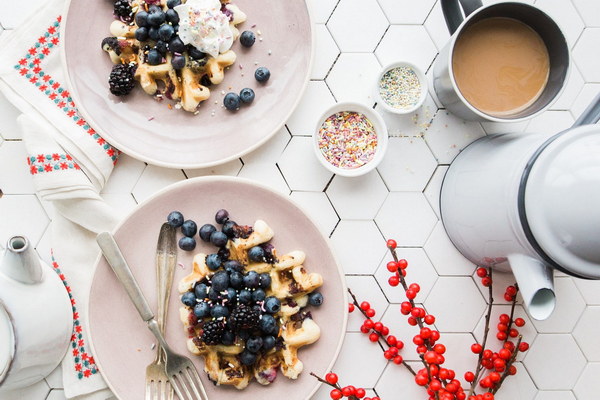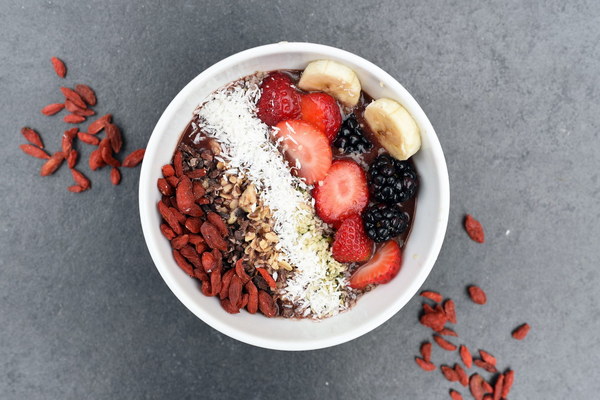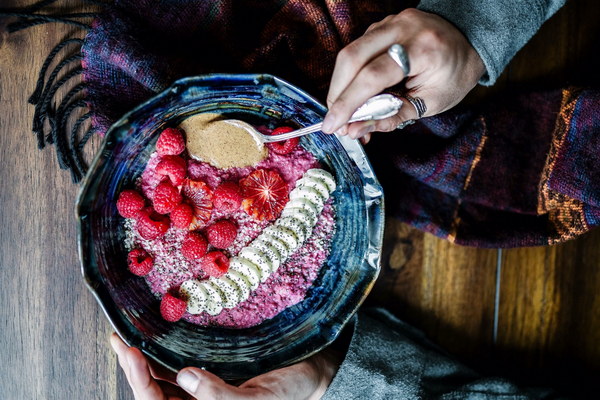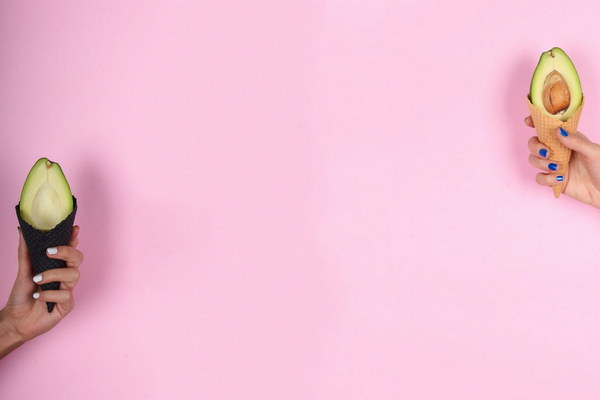Beauty Sleep The Power of Rest and Revitalization
In the hustle and bustle of modern life, the concept of beauty sleep has become a beacon of hope for those seeking to maintain a youthful and radiant appearance. Rest and revitalization are not just essential for our physical well-being; they are also key ingredients in the recipe for glowing, healthy skin. Let's delve into the science and the practice of embracing beauty sleep.
The Science of Beauty Sleep
The idea that sleep is beneficial for skin health is not new. Dermatologists and sleep experts have long recognized the direct correlation between sleep and skin quality. Here's how beauty sleep works:
1. Skin Repair and Regeneration: While we sleep, our bodies undergo a process of repair and regeneration. This is especially true for the skin, which uses this time to repair damage from UV rays, pollution, and stress. During deep sleep, the production of collagen, a protein that keeps skin firm and elastic, increases.
2. Inflammation Reduction: Sleep deprivation can lead to increased inflammation in the body, which can exacerbate skin conditions like acne and eczema. Adequate sleep helps to keep inflammation levels in check, promoting clearer, healthier skin.
3. Hormonal Balance: The hormones that regulate our body's functions, including those that affect skin health, are regulated by sleep. Lack of sleep can disrupt these hormones, leading to issues like increased oil production, which can clog pores and lead to breakouts.
4. Stress Management: Stress is a silent enemy of skin health. When we're stressed, our bodies produce more cortisol, a hormone that can lead to acne and other skin issues. Sleep is a natural stress reliever and helps to keep cortisol levels in check.
How to Achieve Beauty Sleep
Now that we understand the importance of sleep for our skin, let's look at how we can achieve beauty sleep:
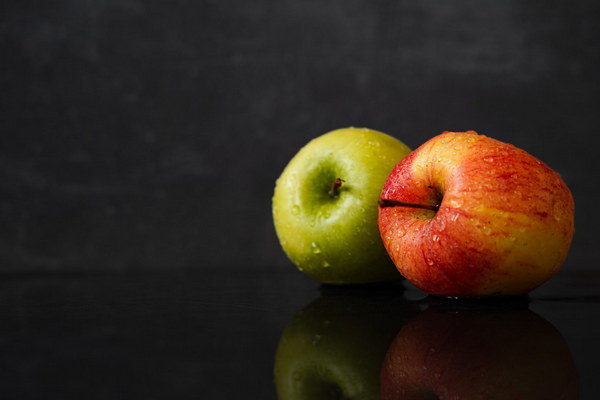
1. Create a Restful Environment: Make sure your bedroom is conducive to sleep. This means a comfortable temperature, a dark and quiet environment, and a comfortable mattress and pillows. Consider using blackout curtains and earplugs if needed.
2. Establish a Pre-Sleep Routine: Wind down your day with a calming routine. This could include a warm bath, reading a book, or practicing relaxation techniques like meditation or deep breathing.
3. Limit Screen Time: The blue light emitted by electronic devices can interfere with your sleep cycle. Try to avoid screens at least an hour before bed, or use blue light filtering glasses if you can't resist the temptation.
4. Stay Consistent: Consistency is key when it comes to sleep. Try to go to bed and wake up at the same time every day, even on weekends, to regulate your body's internal clock.
5. Monitor Your Sleep Quality: Use a sleep tracker or app to monitor your sleep patterns and identify areas for improvement. This could include the amount of time you spend in different stages of sleep, the number of awakenings, and the overall sleep duration.
6. Optimize Your Diet: Certain foods and drinks can affect your sleep quality. Avoid heavy meals, caffeine, and alcohol before bedtime. Instead, opt for a light, healthy snack if you're slightly hungry.
7. Manage Stress: Stress can keep you awake at night. Find healthy ways to manage stress, such as exercise, yoga, or speaking with a therapist.
Conclusion
Beauty sleep is not a myth; it's a scientifically-backed reality. By prioritizing rest and revitalization, you can support your skin's health and maintain a youthful glow. Embrace the power of beauty sleep, and let your skin reflect the benefits of a well-rested body and mind.




